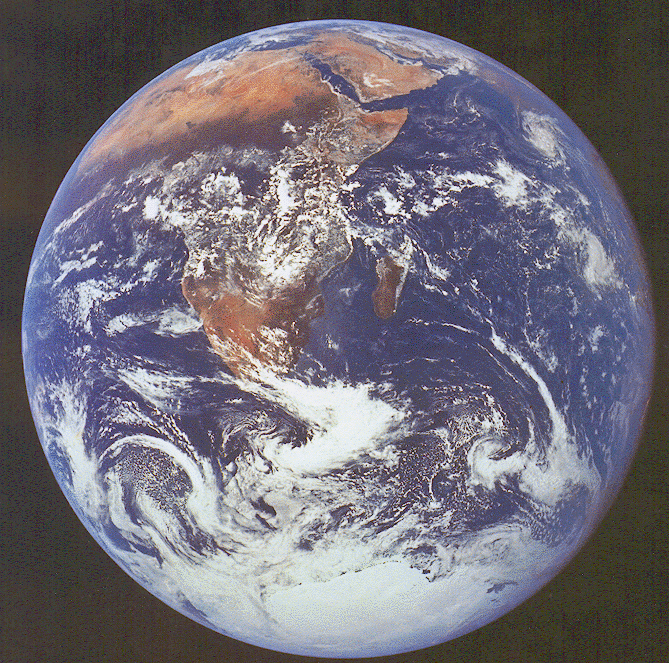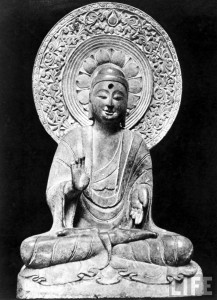This is a fictitious story about a boy who fell ill. To protect the identity of this non-existent fictitious boy, let’s call him Ah Boy.
So this Ah Boy fell ill. Did I tell you he caught a flu? I didn’t? It’s flu alright, but no, not the swiney type, the usual type. He is not very into porkchop and all you see. Anyway, he went to the doctor and after consultation, he collected the medicine and went back home. $20+ dollars and an MC* later, he is back home. He stayed away from school for the few days covered by the MC, but somehow was not getting better.
After a few days, he went back to the doctor and demanded to know why he was not recovering. The doctor asked him about the medicine and he said “I went back and did it every day.”
The doctor became curious, “You went back and did it every day? Did what?”
“I repeated the steps.”
“Repeated the steps?”
“Yes, I repeated the steps daily. I recited ‘Take this 2 pills, three times a day after meal’ everyday. Matter of fact, I did that every few hours.”
If you are like the doctor, you would be flabbergasted. In fact, most people would find this ridiculous and shrug it off as a fictional story. But on some occasions, I find Buddhists doing just that. They would religiously recite the suttas (or sutras for that matter) without applying what the sutras expound. Good Buddhist (*wink*) would know that the recitation of the sutras (as in a puja) forms a devotional practice and when done properly, can be a good development of mindfulness and attentiveness (or even concentration). They (the latter) would also know to reflect on the meaning of the teachings expounded in the sutra and rightly apply them in their daily lives, benefiting from the practice.
Take for example, Mangala Sutta, a sutta frequently recited in Theravadin temples. It is a sutta about a deva (god, or heavenly being) who visits the Buddha and ask him a very simple questions that many seeks to know: “What is the highest blessing?”. Perhaps a more conventional phrasing of this question would be, “How can one be blessed? How can one be blessed in the highest way?” Make sense now? Well, hence the name of the sutta, Mangala sutta, Blessings. Some translate it as “Protection” … but let’s not split hairs for now. The point is, the Buddha then replies to the deva in verse, declaring the various ways that one may be blessed (or protected).
Rightly speaking, besides chanting it in a puja, one should frequently reflect over the meaning of the verses and live one’s life accordingly if one wishes to truly receive blessings. Then would one receive and apply the Buddha’s guidance and blessings.
So this Vesak, go visit the temple, bathe the baby prince Siddhartha, take your refuges and renew your precepts, do your offerings, listen to the Dharma talks, and reflect how you fared this past year. Are you happier than in the past? Are you happier because you have more things, or because you change your mindset? Have you progressed in your practice? Are you more prone to anger or are you calmer? Still jealous over the raise and fat bonus someone else get? Have you talked to your father and mother recently? How about your siblings? Have you cared for someone else besides yourself? Do you care more?
You owe it to yourself to reflect over your life. And do something about it. Happy Vesak! 🙂
References:
Khuddaka Nikaya: Sutta nipata 2.4 Mangala Sutta
- http://www.accesstoinsight.org/tipitaka/kn/snp/snp.2.04.nara.html Ven. Narada Thera
- http://www.accesstoinsight.org/tipitaka/kn/snp/snp.2.04.piya.html Ven. Piyadassi Thera
- http://www.accesstoinsight.org/tipitaka/kn/snp/snp.2.04.than.html Ven. Thanissaro Bhikkhu
- http://www.accesstoinsight.org/tipitaka/kn/snp/snp.2.04.soni.html Dr. R.L. Soni
* MC – Medical Certificate. In Singapore, the acronym MC has taken on a life of its own, to be used as a verb. eg, he play MC. or as a noun, eg. he went on MC. The former usage “he play MC” is usually used to denote that such as person is faking illness and got an MC to justify his absence. The latter is usually less insinuating, but has similar connotations.



